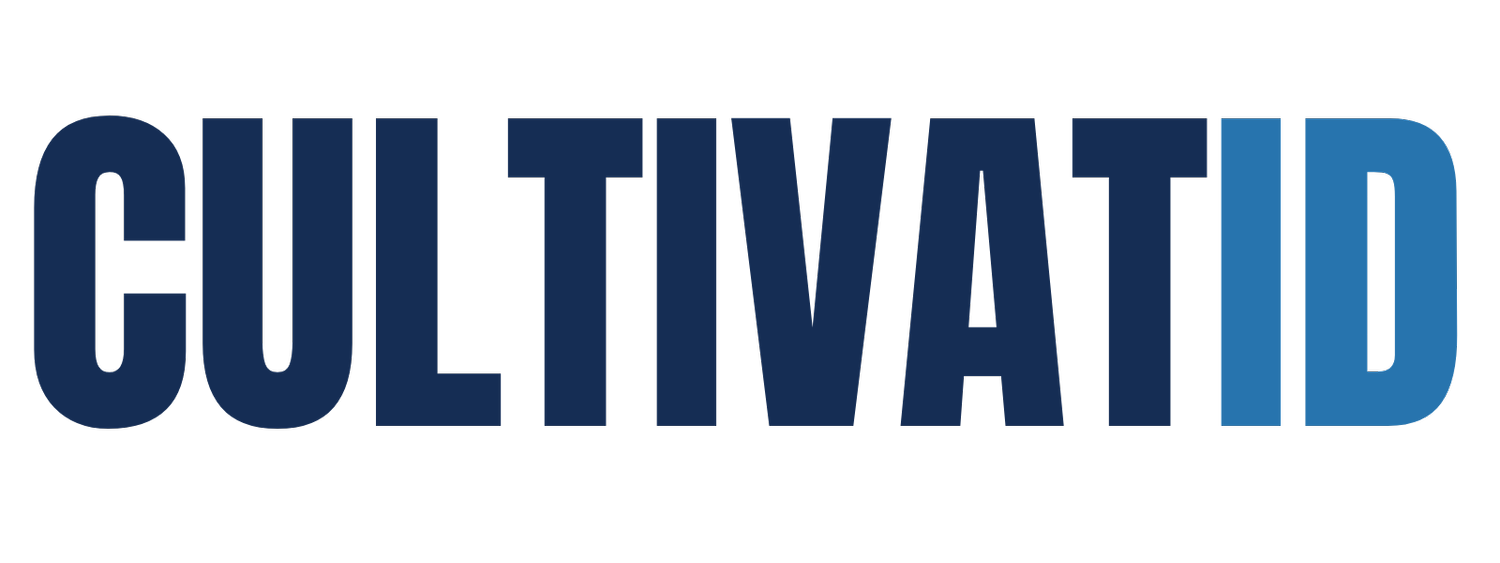For Healthcare Students and Professionals
We keep you connected to the community you want to call home.
We’re Rooted In Community
Every community has its own personality and heartbeat.
Better understanding a new region is key to making a meaningful connections within it.
We help healthcare students and professionals find their place in a community faster.
THE RIGHT CONNECTIONS
We help connect healthcare students and newcomers to a region with mentors, professionals, and leaders within their new community.
WHAT’S HAPPENING
Stay connected to the region, find unique things to do, and receive invites to community gatherings, events, and projects to get involved with.
OPPORTUNITIES
As you quickly get to know your region and its residents better, you’ll find new ways to get further involved to help you feel like you belong.
CultivatID is Built to Benefit:
-
Begin building relationships with your local healthcare system and leaders in your community early in your education journey.
If you leave the region for college or other opportunities, you can stay connected through monthly updates. If you return for holidays and breaks, you’ll opportunities to jump right in to ongoing projects, attend events, and find like-minded people in the region you grew up in.
-
Students across all undergrad disciplines (pre-med, pre-nursing, pre-PT, public health, health administration, etc.) can quickly get to know their community and region and develop a sense of belonging.
You can begin to build relationships with local healthcare systems, clinics, and leaders in your community through unique events and experiences. Though you may head elsewhere for further studies or work, you can keep tabs on the region and stay connected to it no matter where you reside in the future.
-
In fields like medicine, nursing, public health, health administration, and specialized therapies, graduate students are at the cusp of becoming highly specialized professionals.
Getting involved with your community early will help you build relationships with healthcare systems, clinics, and professional leaders. This can significantly speed up the recruitment process when you graduate, or allow systems and leaders to stay engaged with you as you continue your education.
-
Landing in a new region and getting acclimated quickly is really tough. Our unique community networks help make your relocation easier.
In med school, you’ll get early exposure to a system's culture, values, and clinical environment, which can make the system a more attractive place to complete residency and ultimately practice.
Consistent engagement in your community throughout med school ultimately allows for highly targeted recruitment efforts from regional healthcare systems and clinics. This may lead to additional opportunities in specific residency tracks, 1:1 mentorships with community leaders, and valuable personal recommendations.
-
It’s very difficult to land in a new region and get acclimated quickly. You may have a very short amount of time to land a secure housing and get to know your way around. Our unique community networks help make your relocation easier.
CultivatID helps to highlight your specialties, education progress, and potential interest in staying in a region. This allows healthcare systems to make highly accurate projections for future physician needs. Knowing a resident's background (e.g., family in the area, desire for a specific type of practice, community involvement) allows healthcare systems to offer personalized retention packages before you start looking elsewhere.
-
As a practicing professional, you may end up in a new region and not know much about its residents, culture, and unique experiences the community offers.
The region wants you to become a valuable, contributing member of the local healthcare ecosystem, of course. We help healthcare professionals and entrepreneurs integrate into their new community faster through unique events and mentorship opportunities.
Ready to Connect?
Get Started in Two Minutes.
Unique Talent Insights for Healthcare Systems
We provide healthcare systems visibility into their regional talent pool, enabling proactive engagement and long-term pipeline development.
Track Talent from Education to Career
High School to Residency
Monitor students early through all healthcare education programs
Geographic Tracking
Know where talent is located, even if they've moved from the region
Community Engagement
Foster deeper local connections and regional ties early in their careers
Proactive Talent Identification
-
By engaging with students early in their educational journey, healthcare systems can begin building relationships and a sense of loyalty. Young people with existing ties to a community (family, friends, roots) are more likely to return after college for work and stay long-term. Homegrown talent is more invested in the local community, leading to higher retention rates and reduced costs associated with recruiting and relocating future healthcare professionals.
-
Undergraduate programs offer a broad range of pre-health tracks (pre-med, pre-nursing, pre-PT, public health, health administration, etc.). CultivatID allows healthcare systems to identify students across all of these disciplines, not just those destined for medical school. This is crucial for filling a wide array of roles.
-
Graduate students (in fields like medicine, nursing, public health, health administration, specialized therapies, etc.) are at the cusp of becoming highly specialized professionals. CultivatID provides a direct view into this talent pool, allowing healthcare systems to identify future physicians, advanced practice nurses, administrators, and other experts. This can significantly speed up the recruitment process, allowing systems to make early offers and secure top talent before competitors.
-
By tracking medical students from the start of their journey, healthcare systems can engage with them early, even during preclinical years. This early exposure to the system's culture, values, and clinical environment can make the system a more attractive place to complete residency and ultimately practice.
Knowing which medical students are gravitating towards which fields (e.g., primary care, mental health, specific subspecialties) allows for highly targeted recruitment efforts, offering specific residency tracks, and mentorships to steer talent toward high-demand areas.
-
Residents are a known quantity in the future physician workforce. Tracking their specialties, graduation dates, and potential interest in staying in a region allows healthcare systems to make highly accurate projections for future physician needs.
Knowing a resident's background (e.g., family in the area, desire for a specific type of practice, community involvement) allows healthcare systems to offer personalized retention packages before they start looking elsewhere.



